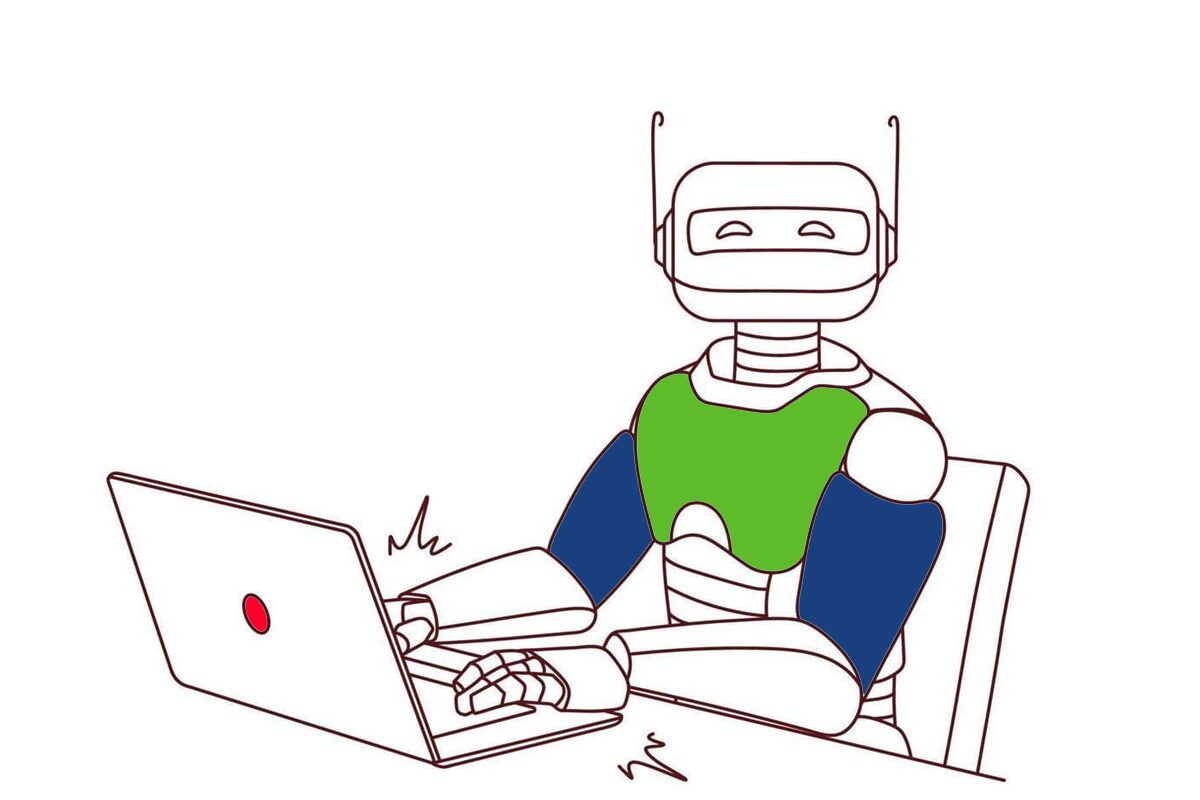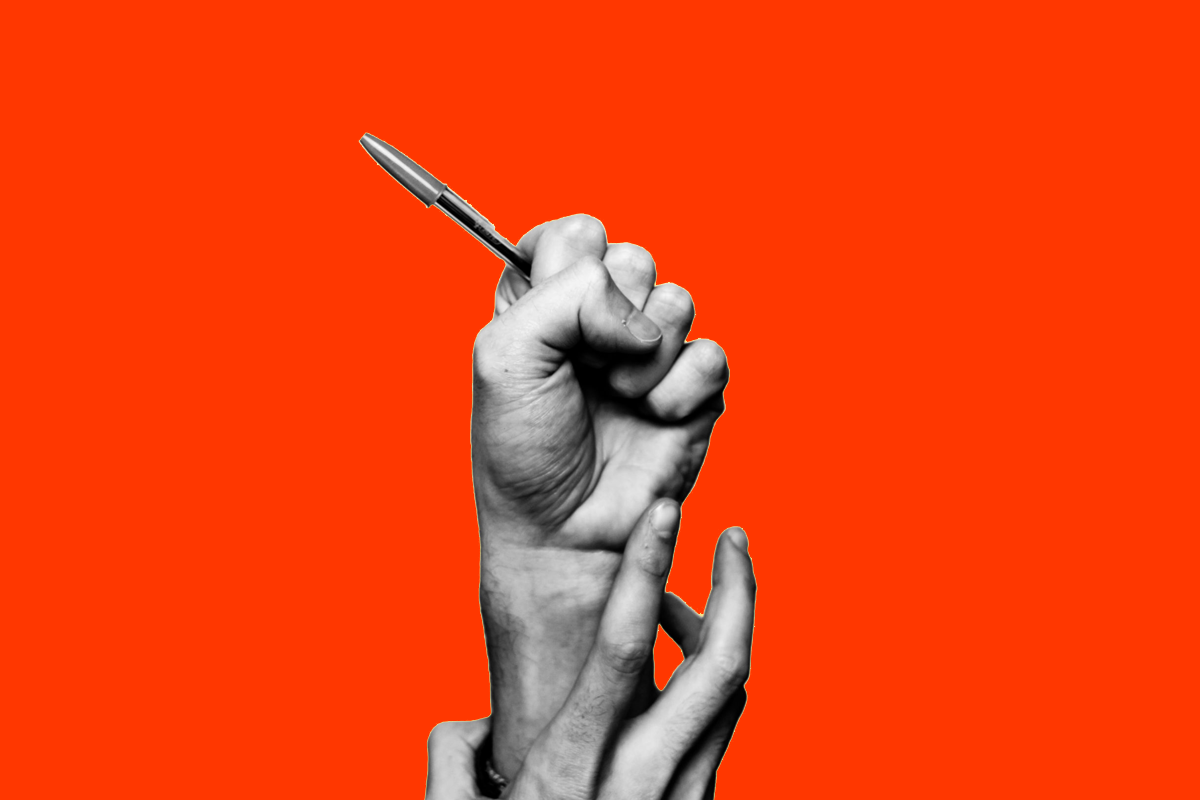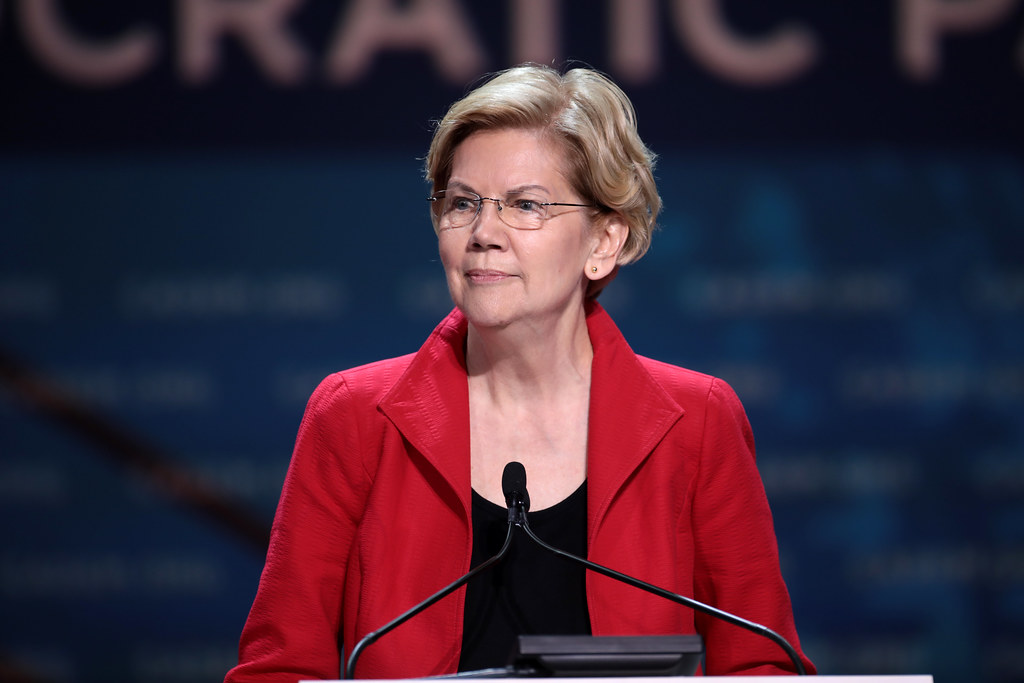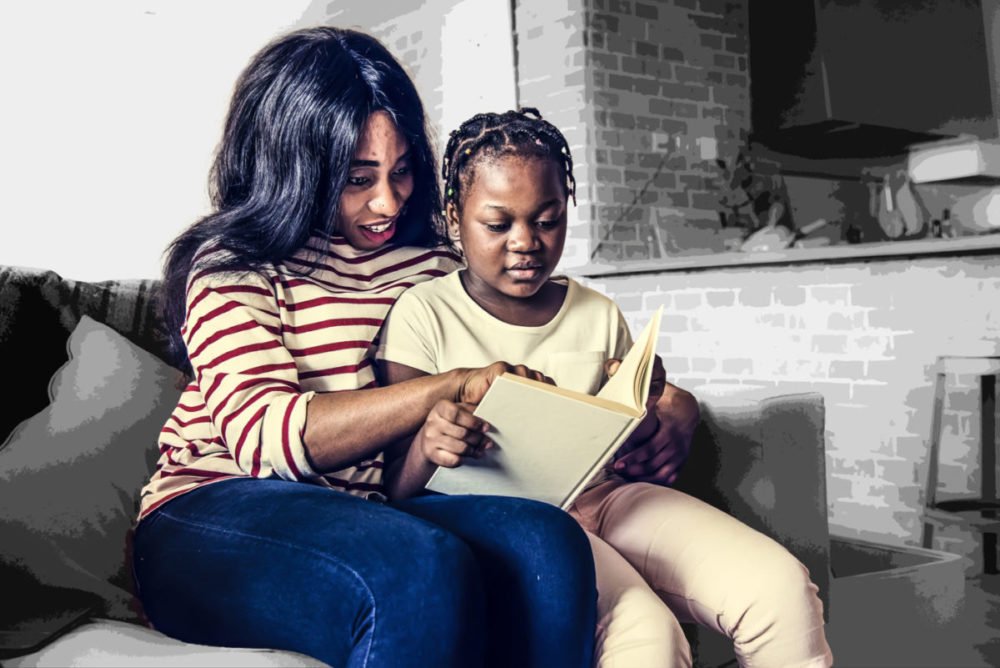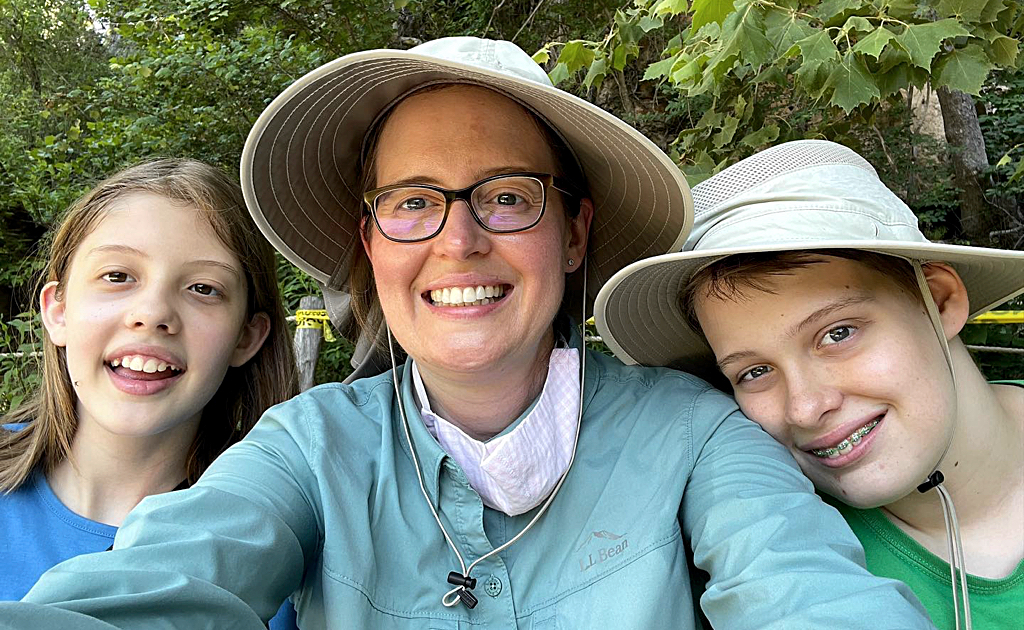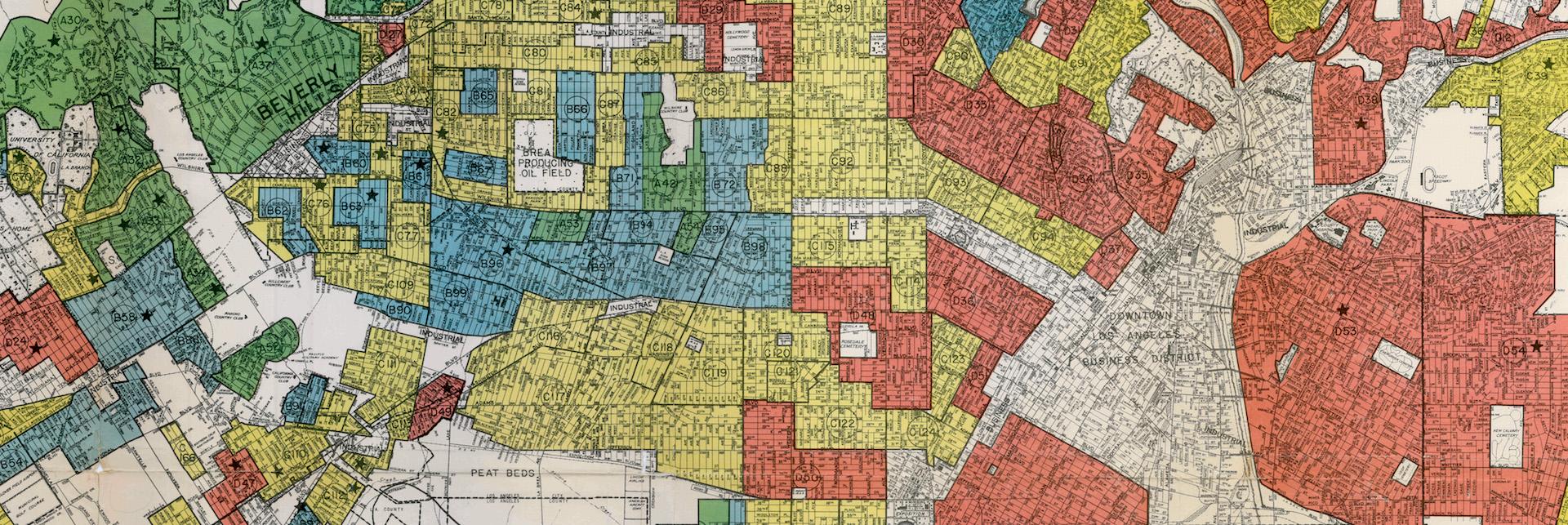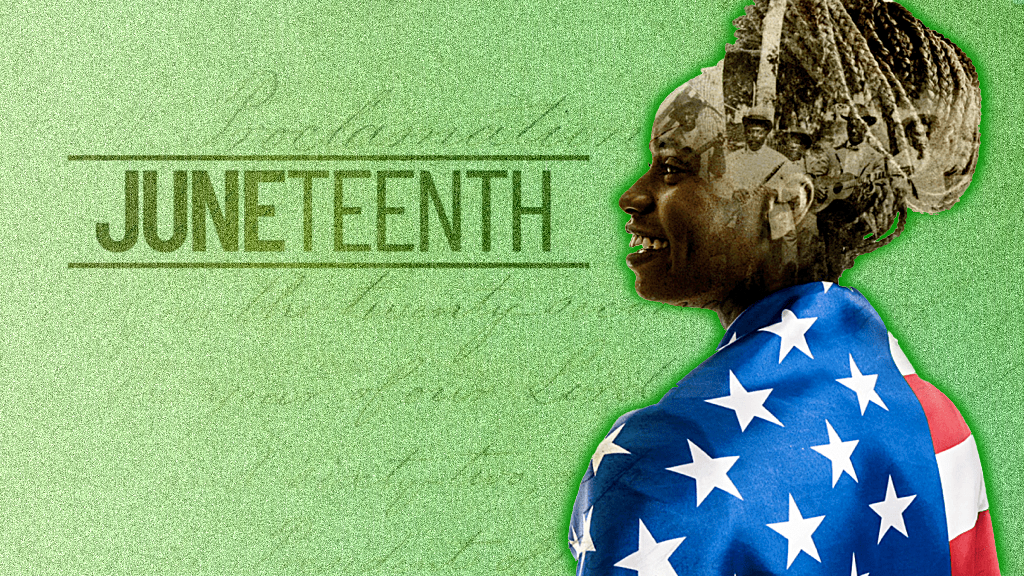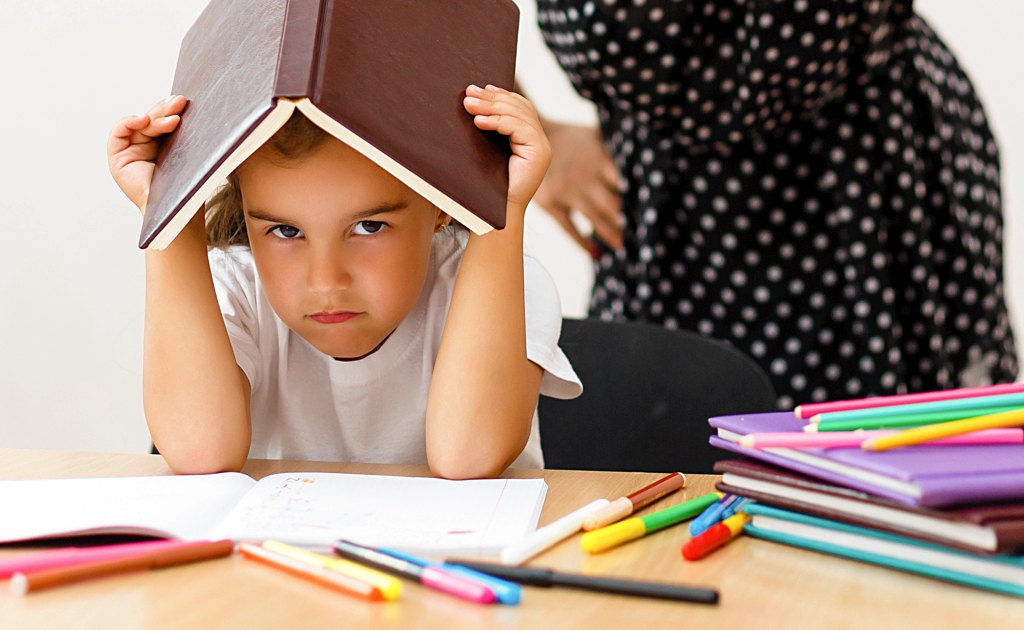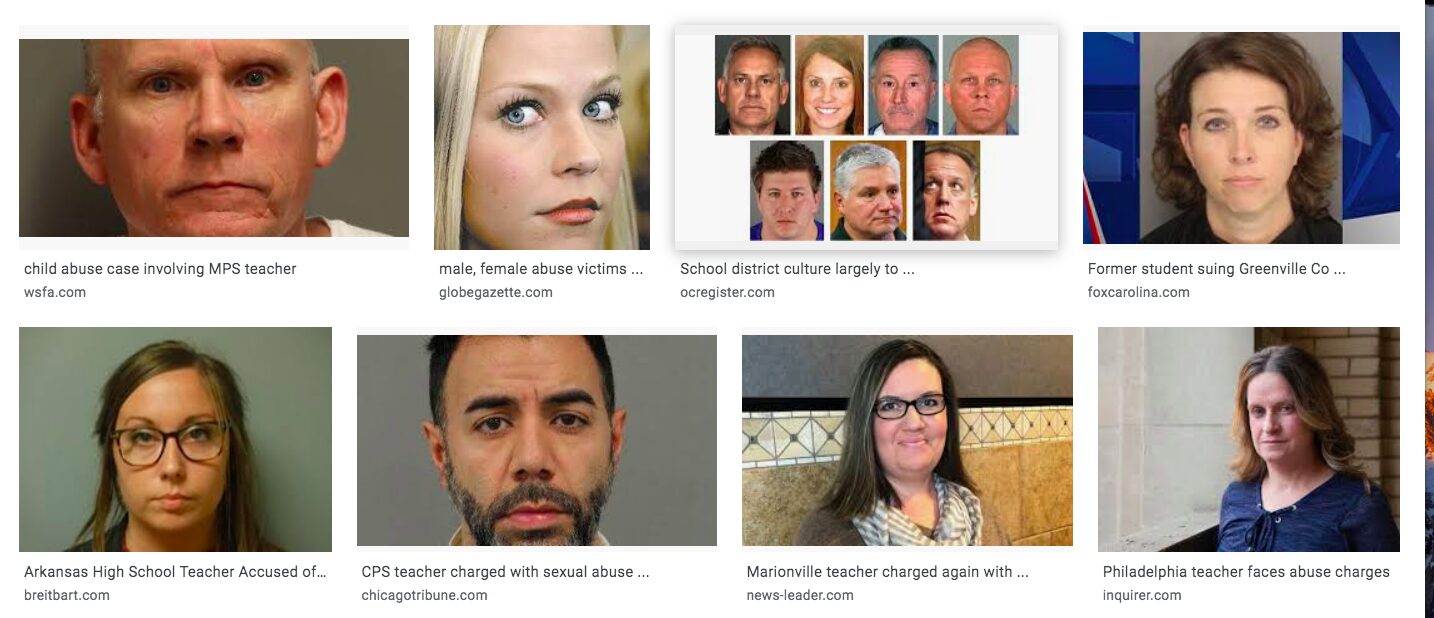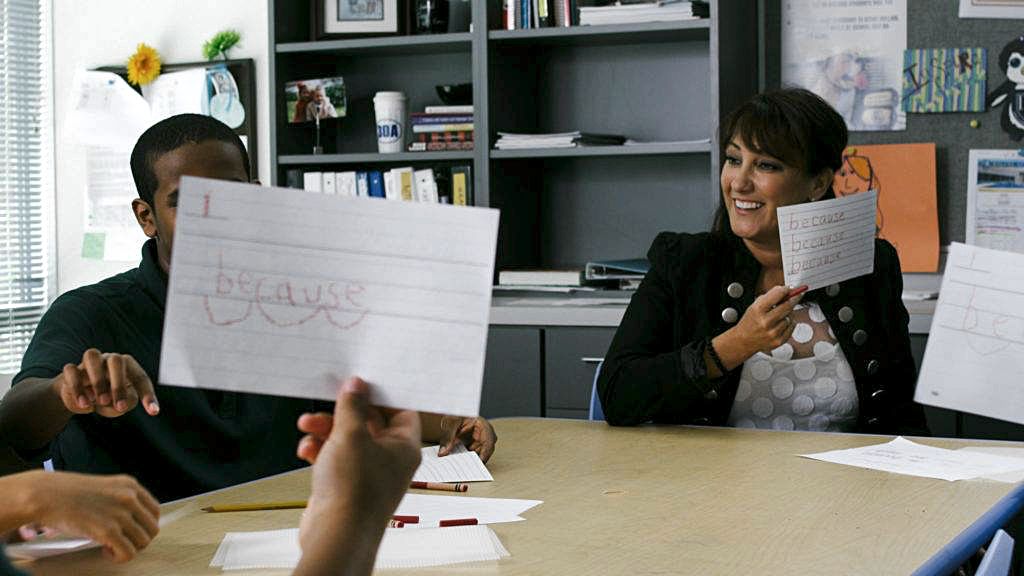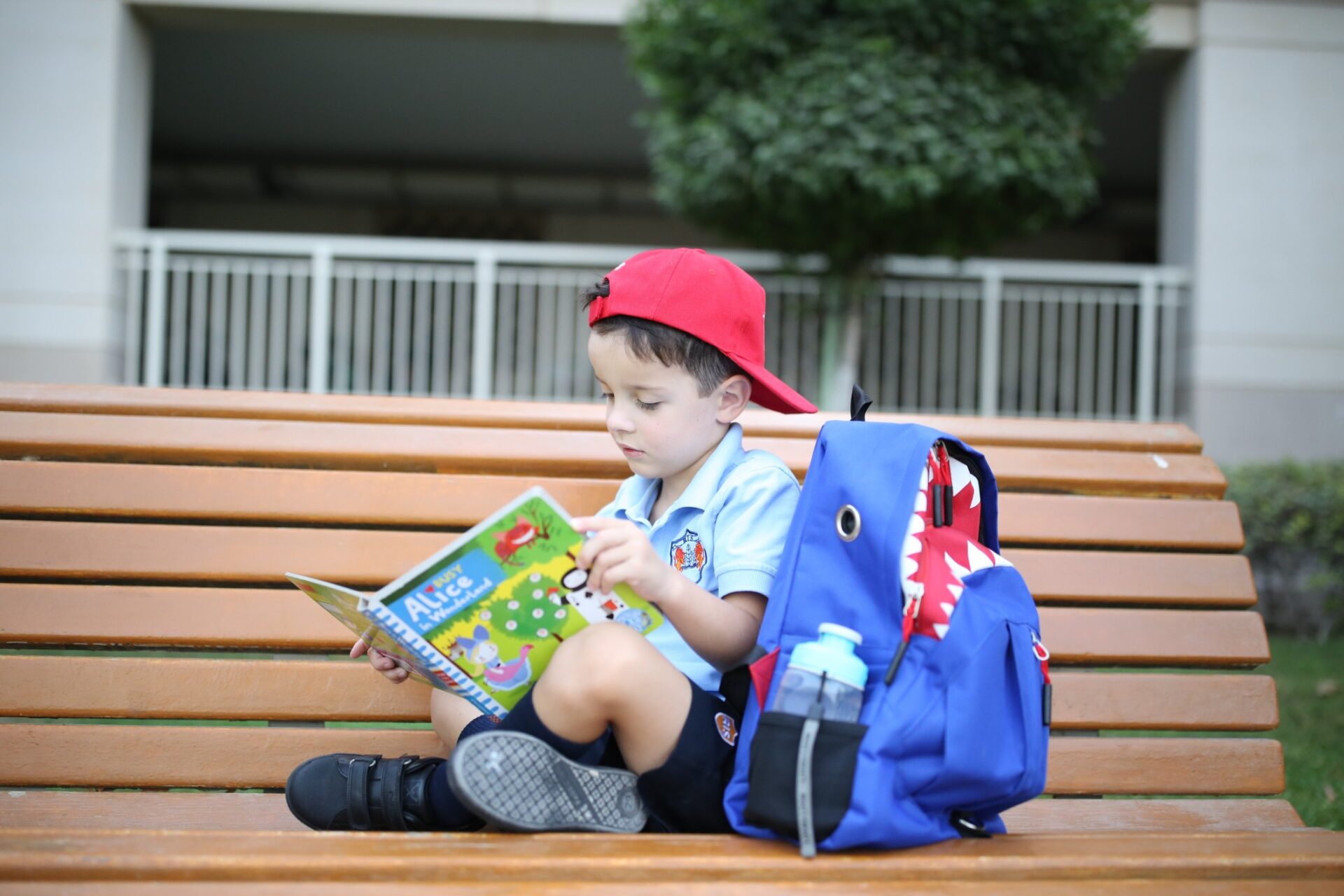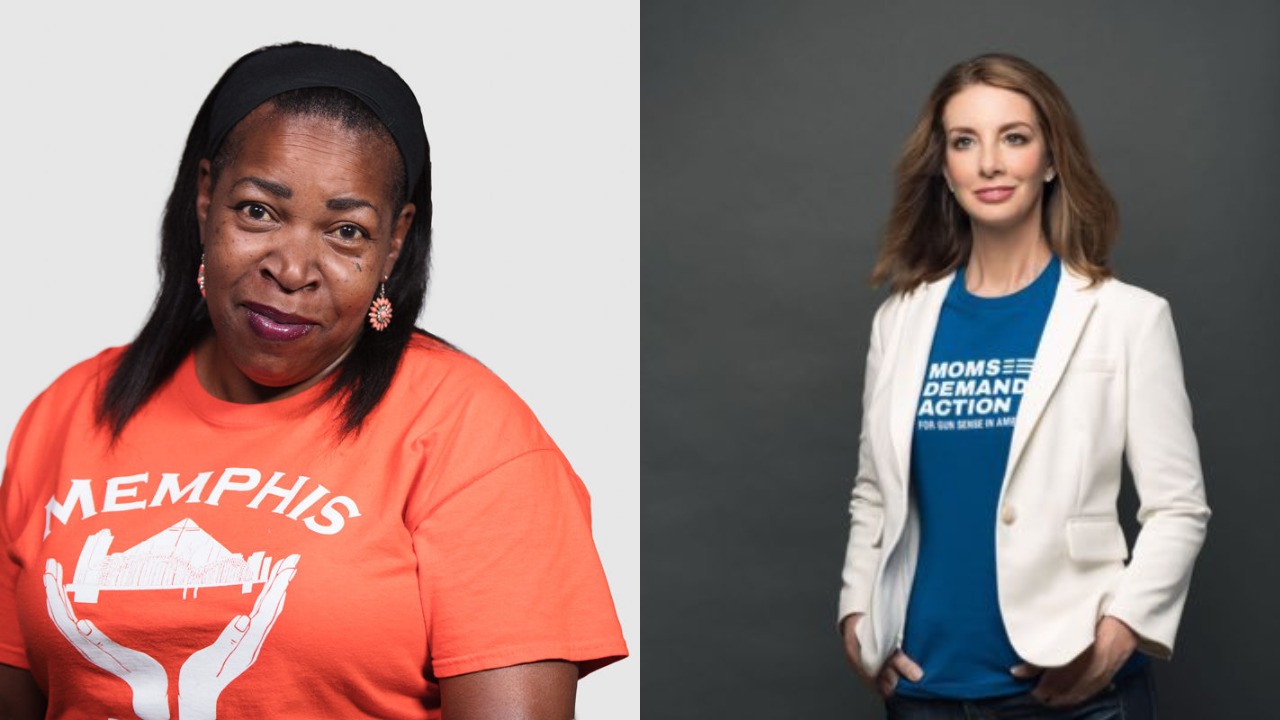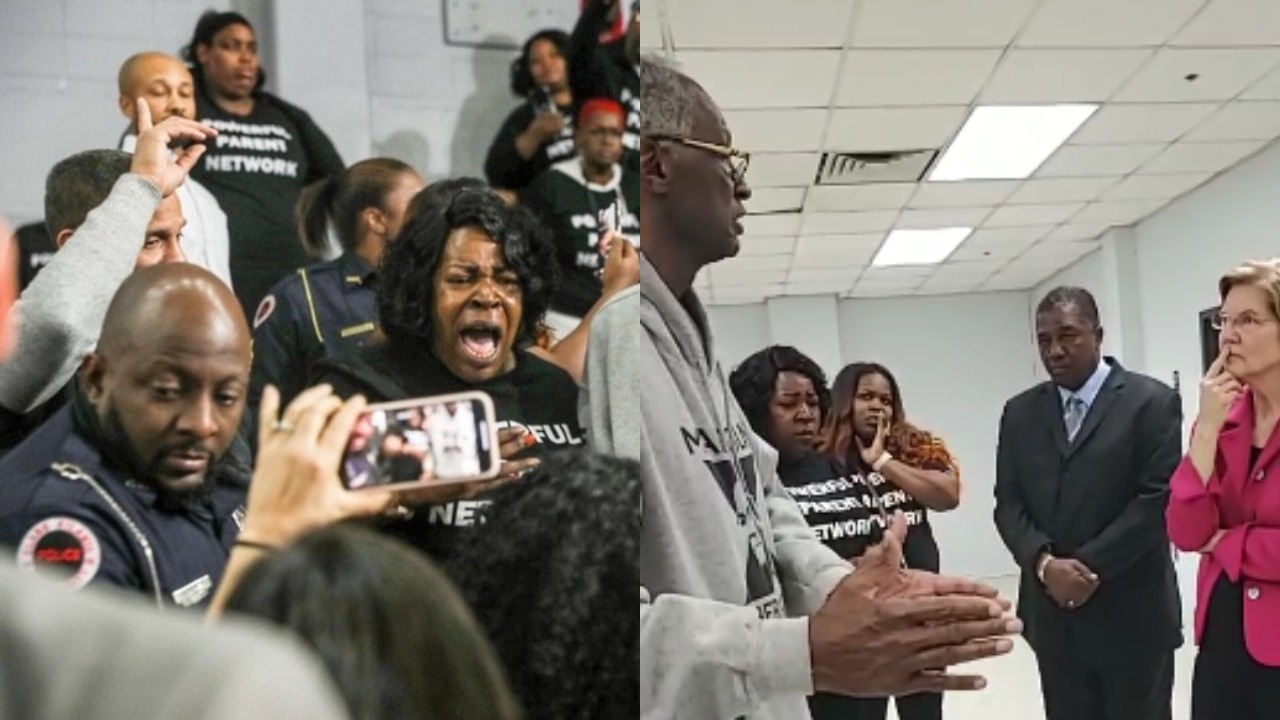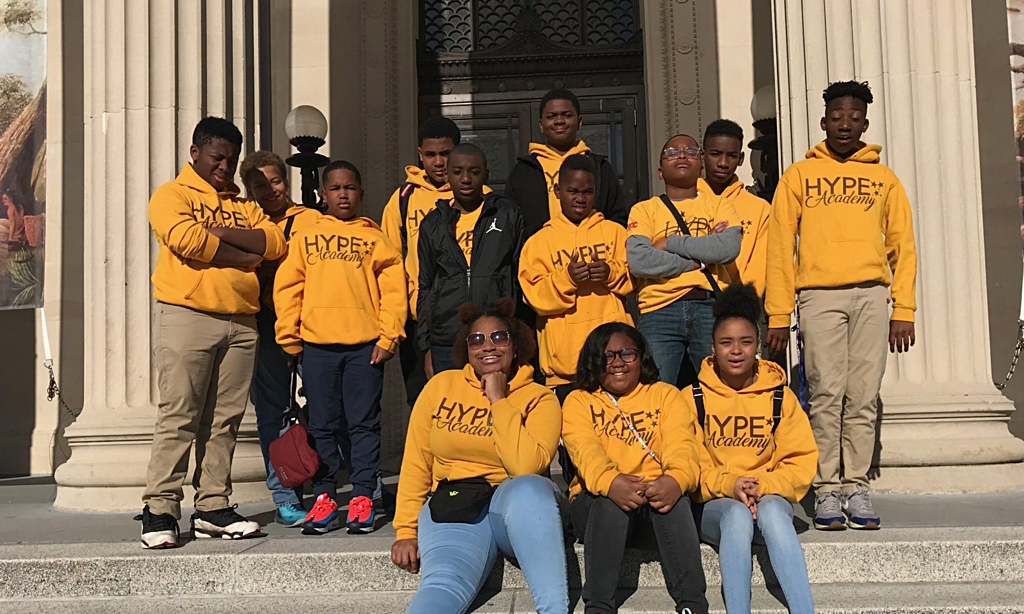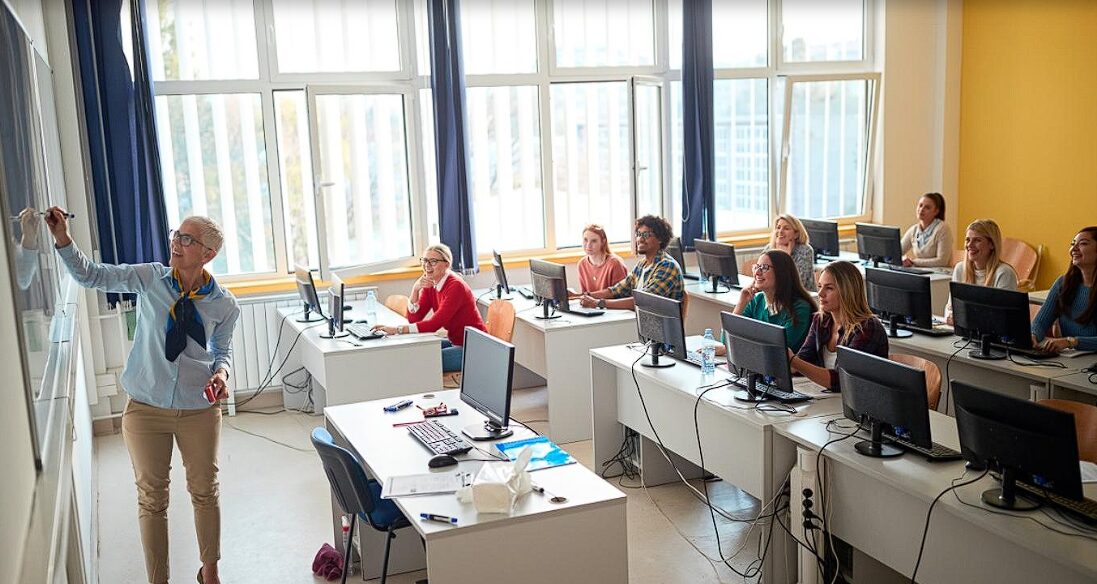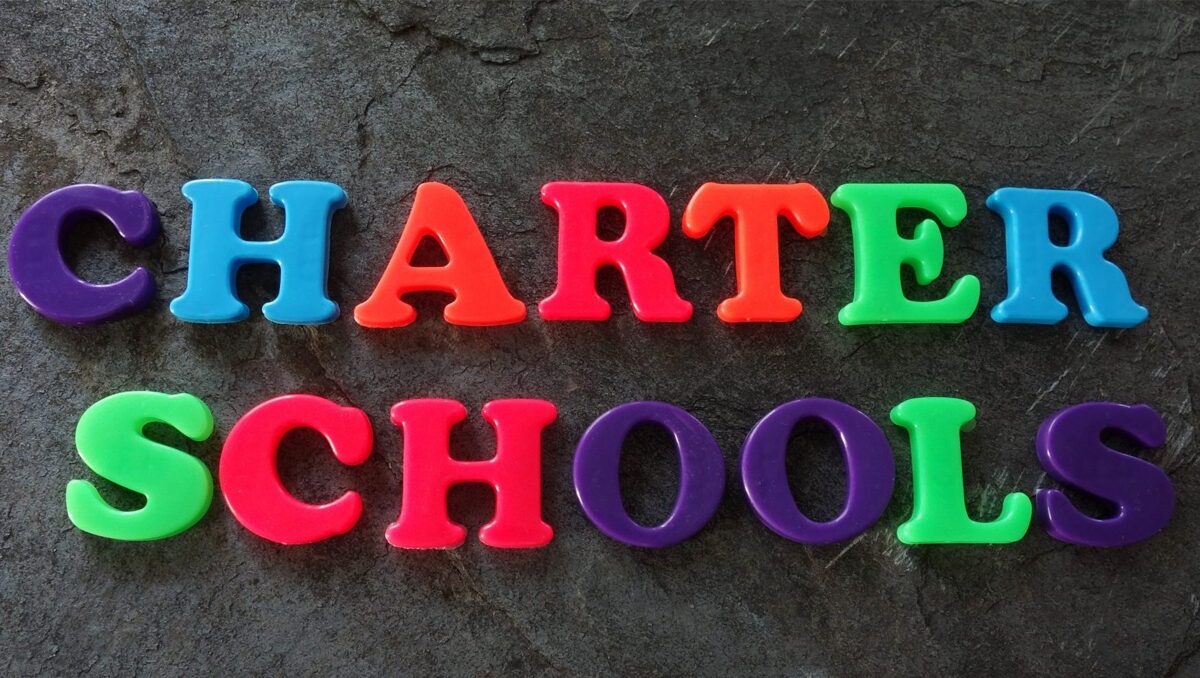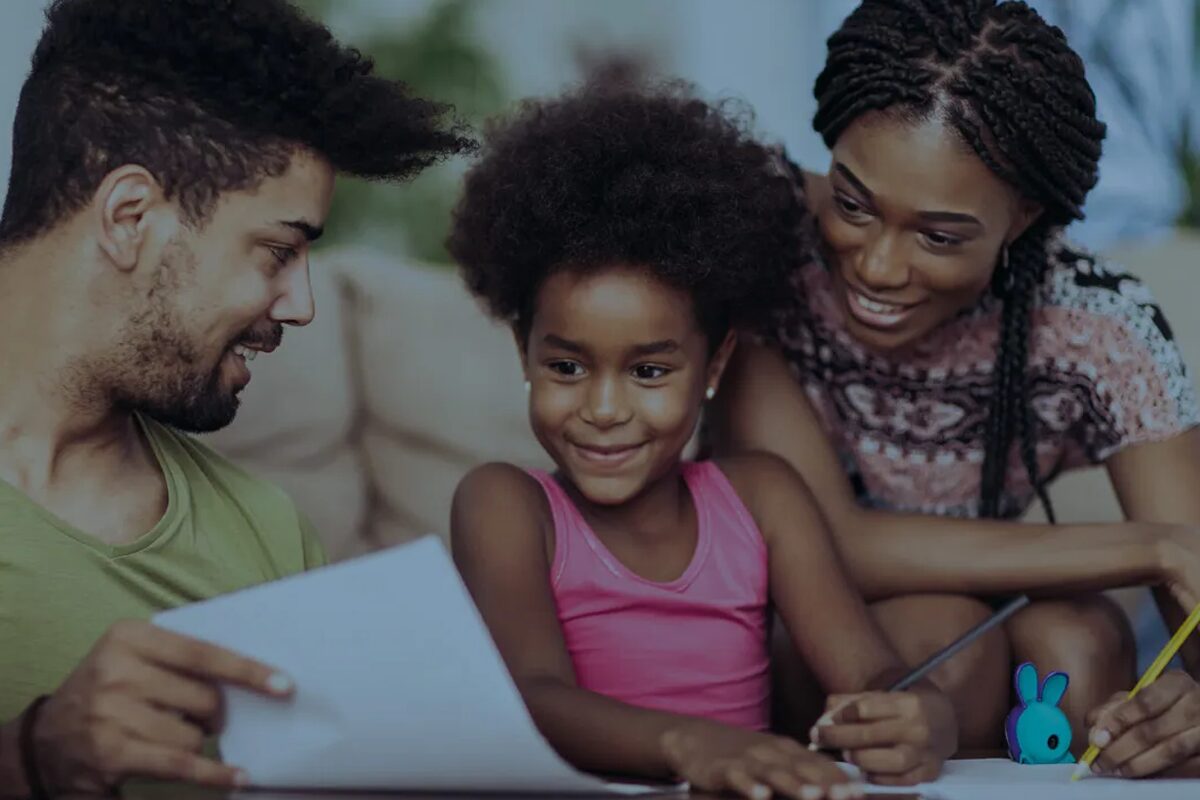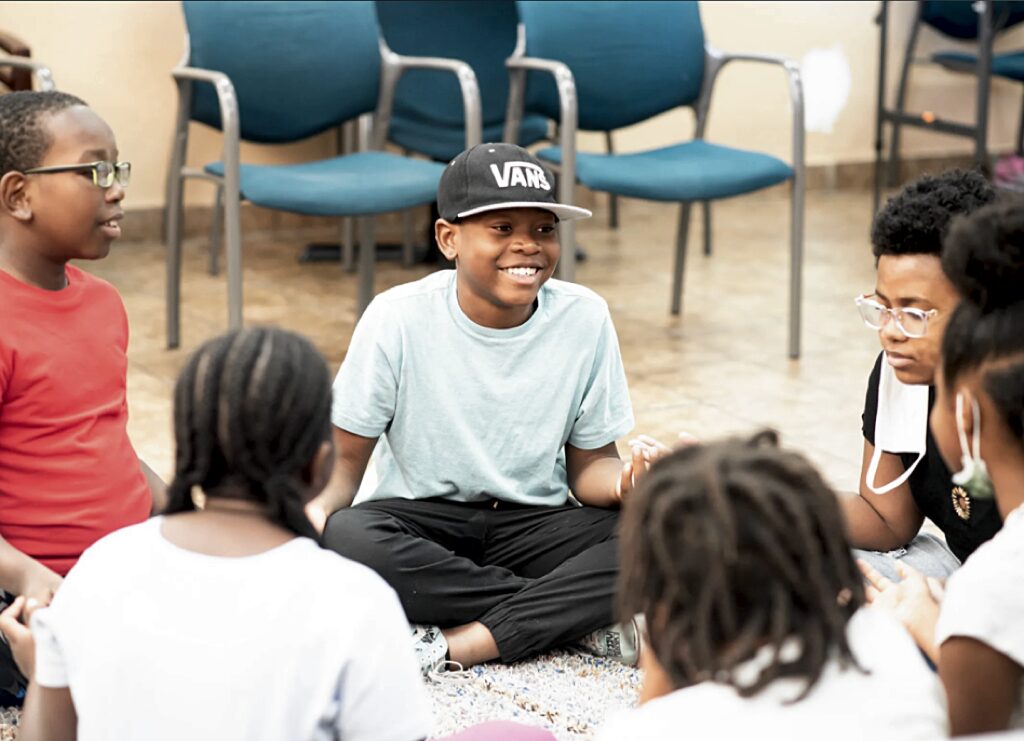
Meeting Black Students’ Needs, One Microschool at a Time
The continued killing of unarmed Black men by police has spurred action across the country. Some people are looking at how we fund law enforcement. Some people are looking at their own biases and participating in training about diversity, equity, and inclusion.
Me? I’m looking at how we educate children of color.
I’m the founder of Black Mothers Forum, a Phoenix-based group that launched in 2016 to disrupt the school-to-prison pipeline. Recently, as my fellow Black parents and I met with city leaders, educators, and police officials and talked amongst each other, we realized we needed to take matters into our own hands and create safe and supportive learning environments for our children.
We realized we needed to take matters into our own hands and create safe and supportive learning environments for our children.
Today, we have eight schools, but our schools don’t look like traditional schools. They’re microschools, with up to 10 students per school. The students are Black and Hispanic, a mix of different ages. Each Black Mothers Forum microschool is led by two guides, who are mostly Black women.
This unique model is specifically designed to meet the needs of children of color. We are directly responding to the traumas that many of our students have faced—before and during the pandemic—and supporting our needs in a close-knit environment where each child is known well. The learning is self-directed, with a mix of in-person and online lessons. Plenty of academic and social-emotional support is available.
We launched with two microschools in Phoenix during the 2020-21 school year, and we added five more this year. In August, Arizona Gov. Doug Ducey awarded Black Mothers Forum $3.5 million to develop up to 50 more microschools across the state. In October, the VELA Education Fund awarded Black Mothers Forum an additional $50,000 to expand their model to Louisiana, starting in Shreveport.
The idea of microschools and other alternatives to the traditional education system has caught fire during the pandemic, which has exacerbated existing inequities in education and public health. During the pandemic, families had a close-up view of their children’s educational experience, and many people didn’t like what they saw.
As the percentage of families who homeschooled their children doubled during the pandemic, the rise was even more acute for Black families—a five-fold increase.
This was especially true of Black families. As the percentage of families who homeschooled their children doubled during the pandemic, the rise was even more acute for Black families—a five-fold increase.
Most of our families aren’t driven by ideology. They just want their children to get a good education, to be seen for their true authentic selves, and have the opportunity to learn about their history and culture. Tragically, that wasn’t happening for far too many of our students. In the Phoenix area and around the country, our students are being suspended at disproportionately high rates. Parents are realizing their children can’t get a good education if their children’s school keeps pushing them out.
Parents are realizing their children can’t get a good education if their children’s school keeps pushing them out.
We take a different approach in our microschools, and we’re getting the results. In the two microschools we opened earlier this year, we saw students experience tremendous growth. Many of our students were three to four grade levels behind and after just four months we saw students advance one to two grade levels. Can you imagine how much further along our children will be after a full school year?
It’s remarkable how much progress students can make when they feel validated, supported, and loved.
